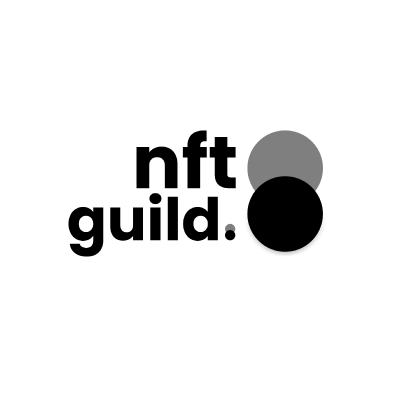
IN THIS LESSON
CIP 86 lets you modify NFT details without the hassle of burning or minting new tokens. Perfect for game assets, digital art that updates over time, or any project where information needs to change frequently.
CIP 86, the NFT Metadata Update Oracles, introduces flexible ways to update token information on Cardano without minting or burning, addressing a limitation of CIP 25, the original NFT metadata standard. It required minting or burning tokens to modify their details. This was inefficient and costly, especially for frequently changing data. CIP 86 proposes a way to update NFT metadata directly through transactions, thus bypassing the need for minting/burning.
With CIP 86, you can assign an official metadata updater ("oracle") to a token policy. This oracle is like a librarian who can make changes to the official records. Oracles can add, remove, or change specific details within the metadata without having to redo everything. Think of it like editing a single line in a book instead of rewriting the whole book.
CIP 86 proposes three update types for different situations:
Simple Updates: Edit one token at a time.
Regex Updates: Update many tokens matching a pattern all at once (e.g., "Update the age of all characters between numbers 5000-5999").
Tabular Updates: Bulk edits for many fields across lots of tokens (great for game stats)
For artists and developers, CIP 86 offers a more nuanced way to manage NFTs - imagine a digital artist updating the details of their artwork or a game developer modifying in-game assets without needing to issue new tokens. This can lead to a richer, more interactive NFT experience on Cardano.
Example of how CIP 86 can be used:
Imagine a virtual world where your character's attributes evolve with each quest. CIP 86 makes it possible for these changes to be reflected in the NFT metadata, making every achievement an integral part of the asset's history, enhancing the gameplay experience and ensuring transparency and traceability.
An Overview of how it works in practice:
Mint your NFTs (using the existing CIP 25 standard).
Assign an oracle to decide who gets to update the metadata and put that info in a special transaction.
When you want to change the metadata of your NFT, the designated oracle updates the metadata within a special area of a transaction. Wallets and other tools can then easily find and display this up-to-date info.
CIP 86 Key Points:
Avoid the transaction fees of minting/burning just to change a few details.
Perfect for projects where NFT details might change over time, like game items that get upgrades.
CIP 86 is backward compatible, meaning that, CIP 25 metadata works just fine.
You can choose the update method that fits the situation, from three predefined mechanics.
Only the designated oracle can make changes, keeping the info trustworthy.
Cardano ecosystem tools will track the updates to ensure wallets and marketplaces display the most up-to-date information
